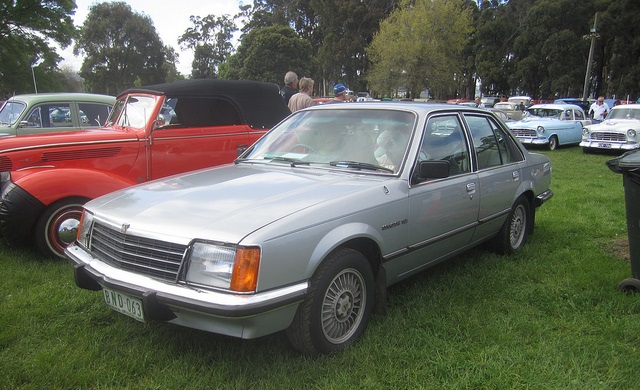The Australian car manufacturing industry cannot survive. Just one week after Holden reluctantly revealed the true value of taxpayer support it received over the past 12 years (an incredible $2.18 billion) the company declared it would axe a further 500 manufacturing and engineering workers.

The Australian taxpayer has tipped an incredible sum into the local car industry. In addition to Holden’s staggering $2.18 billion in taxpayer assistance, Ford received $1.1 billion and Toyota got $1.2 billion. The total? A staggering $4.5 billion – and still, after more than a decade, the industry is on the ropes. Four hundred of those latest redundant Holden jobs will go from its car assembly plant in Elizabeth, South Australia, and the balance will be lost from its engineering team in Melbourne.
Holden boss Mike Devereux says the high Australian dollar is largely to blame, but he is being disingenuous. He also claims Holden has spent $32.7 billion in Australia in the same period – as if this is some tangible return on the semantically promiscuous term ‘co-investment’ used these days to describe these rolling government grants.
It’s actually a lot simpler than that. The cars Holden and Ford produce are no longer the cars the Australian market wants. This is the crux of the issue: if you manufacture hamburgers and the market suddenly demands salad, it’s time to re-engineer your menu – rapidly.
Unfortunately, the local carmakers have decided instead to turn crying poor into an endurance event of epic proportions, and continue to put the bite on the taxpayer. After 12 years and more than four-thousand-million dollars in largely unconditional taxpayer support, the menu still is not fixed.
To put this in some kind of perspective, 12 months ago Holden received the commitment for the latest round of government funding – $275 million. Apparently, in light of the recent job cut announcements, no ongoing employment guarantees for Holden’s manufacturing and engineering workforce were part of that latest deal – which was done behind closed doors in what Holden and the Government call ‘commercially in confidence’. The taxpayer will never know what, exactly, is the return on ‘investment’ here.
The average taxpayer support given to Holden over the past 12 years was $180 million annually – roughly double that of the other two local manufacturers. That was $2117 per car built here by the company in 2012. (Ford received $2372 per car made here in the same year, while Toyota got $944 per car.)
You could look at this another way. It would have been far cheaper for the Australian taxpayer in 2012 if Holden had simply shut the front gate at its manufacturing plant in Elizabeth, and handed each of its 2100 workers $100,000 to stay home, get re-trained and relocate if necessary to work in self-sustaining, profitable industries.
Research and writing conducted by John Cadogan from Carloans.com.au

 Hot Features
Hot Features













